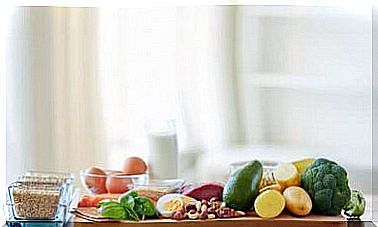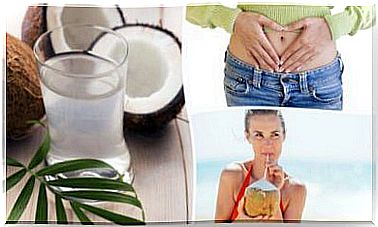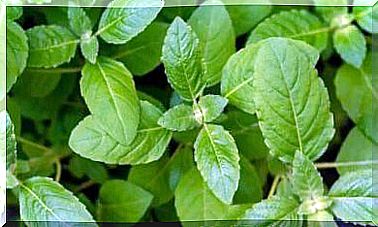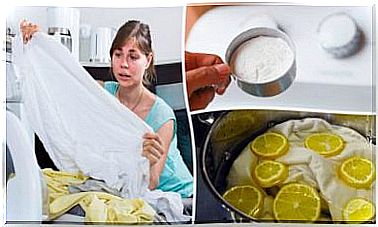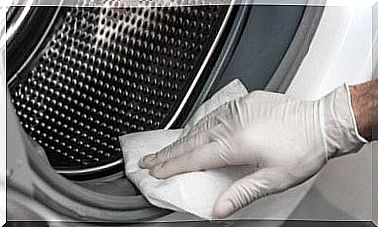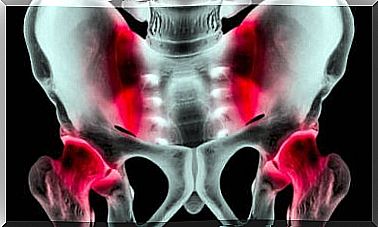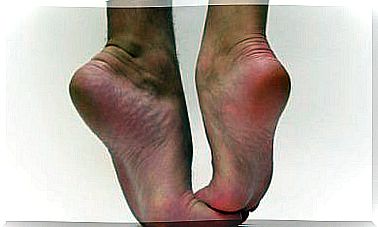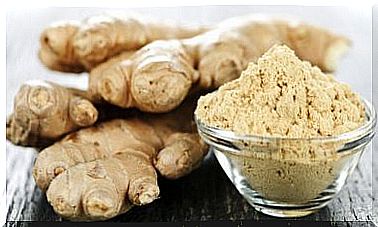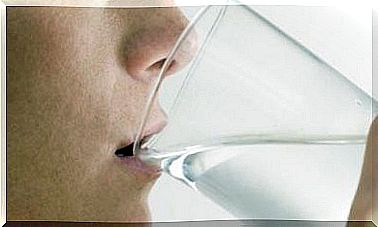Tips For Avoiding Water Retention
Swollen hands, feet and legs are complaints that can often be prevented.
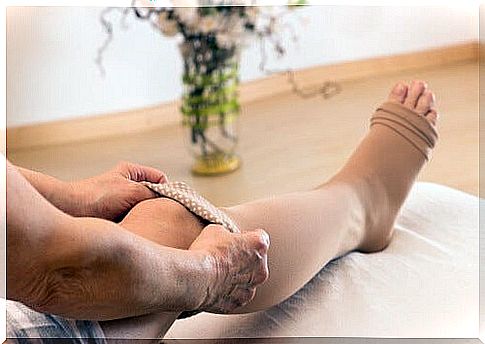
Before you try our tips, you should first and foremost clarify whether a heart problem is not behind the water retention.
A thrombosis could also be behind it and this is life-threatening and belongs in the hands of a doctor!
Heart, liver and kidney diseases, as well as allergies and thyroid dysfunction can also promote water retention and are sometimes life-threatening! Therefore, it is essential to clarify unclear water retention with a doctor before you follow our tips!
Why do we store water?
If your legs and feet are swollen, it is usually because you have been standing for a long time and the venous pump has not worked properly. That is normal. Try rocking up and down as you stand to keep the venous pump going.
Even large heat leads to water retention, as the vessels expand and thus can flow more water. Another cause could be an impaired drainage of the tissue fluid (lymph) if you are wearing too tight stockings or clothing.
Cycle-dependent hormone fluctuations can also cause water retention – so the morning shock on the scales can really only be water, not fat!
If you are generally prone to water retention, here are some tips you should try. It is often a combination of home remedies and medicinal herbs that lead to success – try it out!
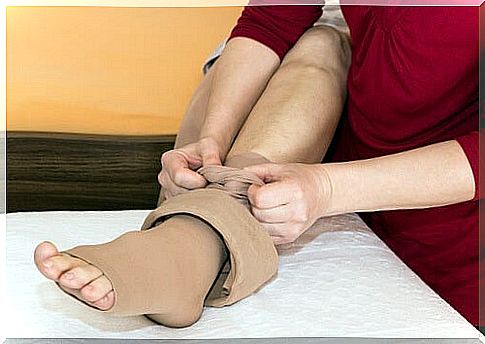
Wear support stockings
Especially if you know that you are prone to water retention in your legs and feet, you should wear prophylactic stockings if you know that you will have to stand for a long time.
Support stockings are also an effective measure to prevent thrombosis, for example on long trips. Today there are many models of support stockings that are not in “granny beige” and that are visually indistinguishable from normal stockings. Get advice from specialist retailers!

Pay attention to the diet
In order to prevent water retention in general, you should avoid all foods that promote water retention in the body. This includes not only salt, but also sugar.
Your diet should be particularly high in fruits and vegetables with potassium. Melons and rice, for example, are good sources for this! Rice and potatoes, as well as quinoa and millet, have a dehydrating effect due to the high potassium content.
Combine rice or potatoes with vegetables and spices that stimulate the metabolism and can also have a dehydrating effect: fennel, celery, parsley and ginger, for example.
Be careful not to eat meat that is very salty with it. Sausage should be taboo because it contains a lot of salt! A piece of poultry or meat that is nicely peppered or seasoned with herbs doesn’t need salt to be tasty!
Drinking a lot promotes a good metabolism, which in turn ensures that the body has a balanced fluid ratio. Drinking a lot does not mean: a lot of water retention, but exactly the opposite!
Please only drink calorie-free drinks such as water or herbal teas in order not to gain weight or store water with sugar again!
Foods that are not good for you because they promote water retention are:
- Ready meals because they contain a lot of salt and sugar.
- Sausage, because sausage products and marinated meat products are very salty.
- Smoked fish or smoked meat (ham, etc.), as these also contain a lot of salt.
- Sweets and sweet drinks when they are sweetened with sugar.
- Breakfast cereals, even sweet ones, because they also contain too much salt!
Avoid these foods or, best of all, cross them off your shopping list and menu altogether, because there are many healthier alternatives!
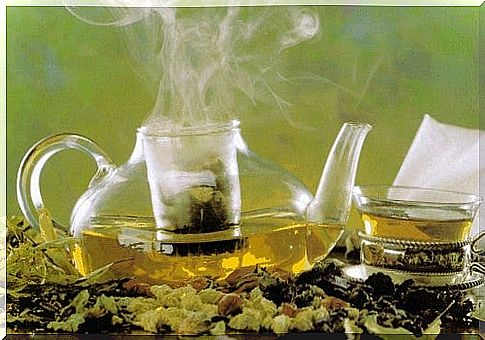
Use medicinal herbs and teas
There are excellent herbal teas for dehydrating or preventing water retention. Nettle tea has a dehydrating effect and helps prevent water retention. You can buy the leaves in dried form in pharmacies or health food stores.
Since the nettle grows almost everywhere, you can also harvest it yourself and hang it upside down to dry it at home. The stronger the tea, the more intense the effect! Birch leaves, dandelion, horsetail and juniper berry oil are also used for dehydration .
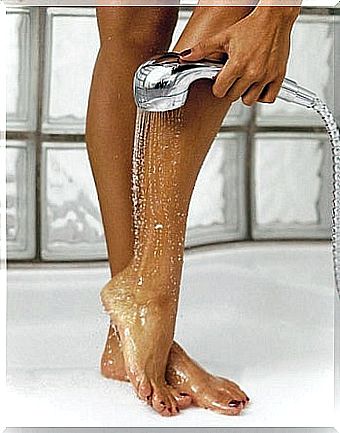
Cold water against water retention
Cold showers are not for everyone, but they are easy on the legs. The cold water causes the vessels to contract and the stored water is transported away. Alternating showers keep the vessels elastic and are also useful.
In general, the narrowing vessels mean that less water can be stored in cold temperatures. If you have the opportunity to work (or sleep) with air conditioning in summer, for example, then take this opportunity!
